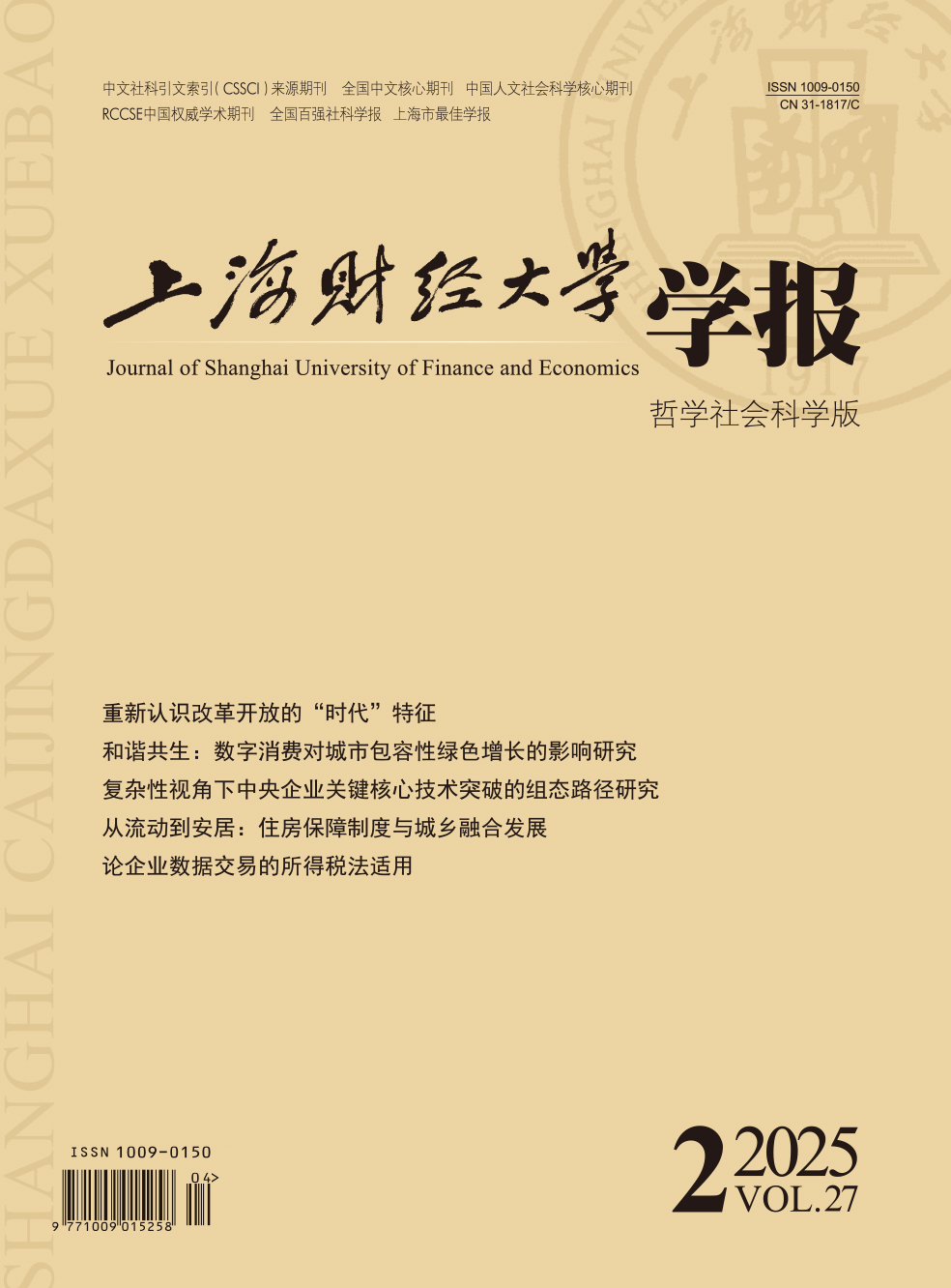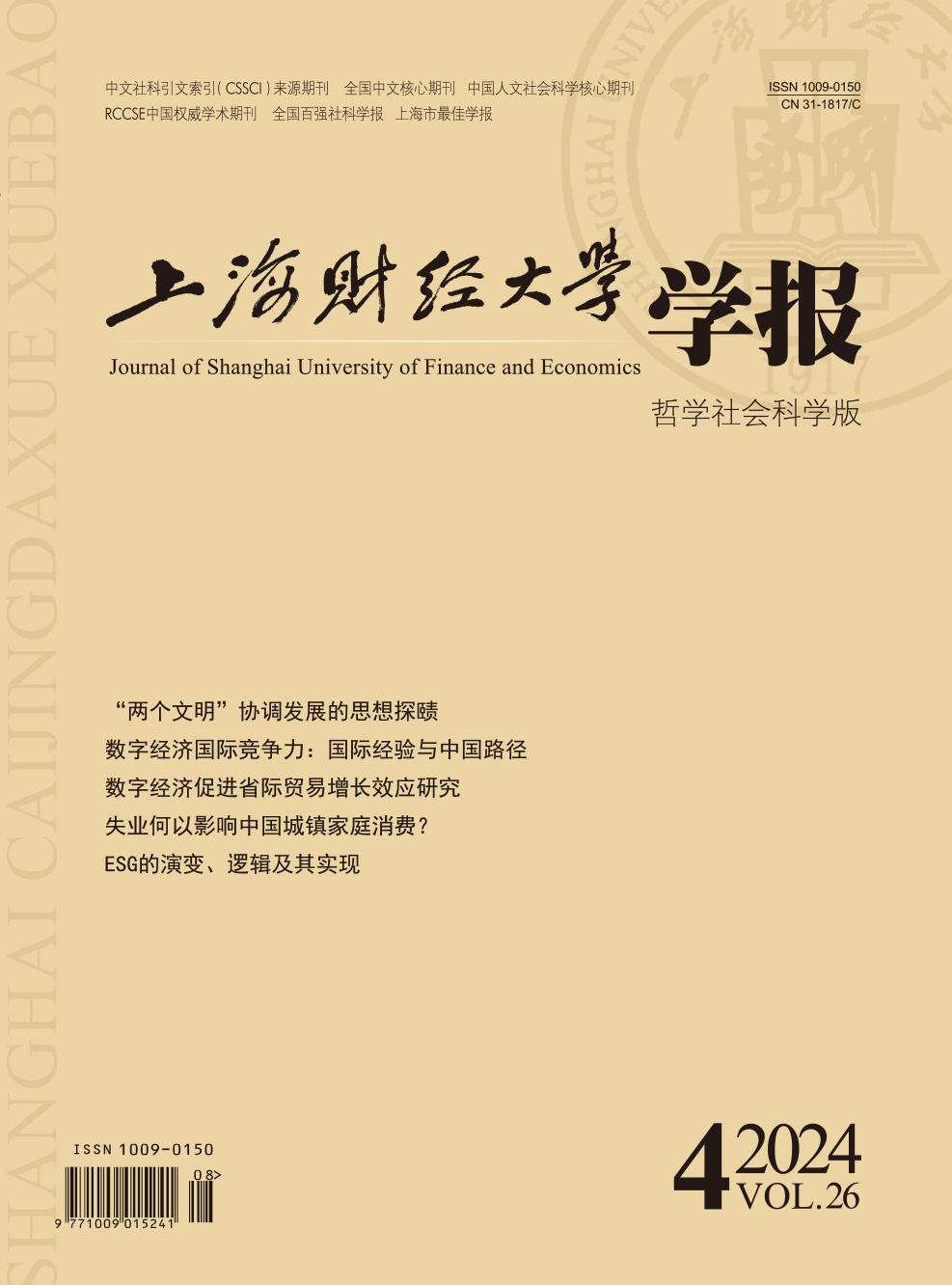In the new development pattern of dual circulation, it is crucial to maintain stable demand in the internal circulation and promote enterprise investment efficiency to achieve high-quality economic development. This paper uses the “supplier-customer” group of listed companies from 2007 to 2021 as the sample to test the impact of strategic purchase and sales agreements signed in the supply chain on enterprise investment efficiency and the underlying mechanisms. The study finds that there is a negative correlation between the agreements and inefficient investment, indicating that signing the agreements will promote investment efficiency. Customer demand stability plays a partial mediating role in the relationship between the agreements and investment efficiency by reducing supply-chain information asymmetry, alleviating the management’s self-interest behavior, and transmitting positive signals to external stakeholders. Furthermore, the quality of customer accounting information plays a negative moderating role in the relationship between the agreements and investment efficiency.
The policy implications of this paper are as follows: First, enterprises should strengthen their emphasis on supply-chain management, especially those with a higher level of relationship-proprietary investment or facing higher external policy uncertainty and lower market trust. By signing strategic purchase and sales agreements as a contractual governance method, the closeness of supply-chain relationships can be enhanced, promoting their own investment efficiency. Second, enterprises should maintain long-term thinking, choose to engage in strategic cooperation with high-quality customers, improve customer demand stability, and enhance their decision-making efficiency and competitiveness. Third, securities regulatory authorities should further strengthen the supervision of financial information disclosure of listed companies, increase the costs of illegal disclosure of enterprise information, and force enterprises to improve the quality of their own public information disclosure, thereby reducing the costs of information search for suppliers and the information risks they face in production and investment decisions, improving investment decision-making efficiency, and enhancing supply-chain security and stability.





 3341
3341  3677
3677

